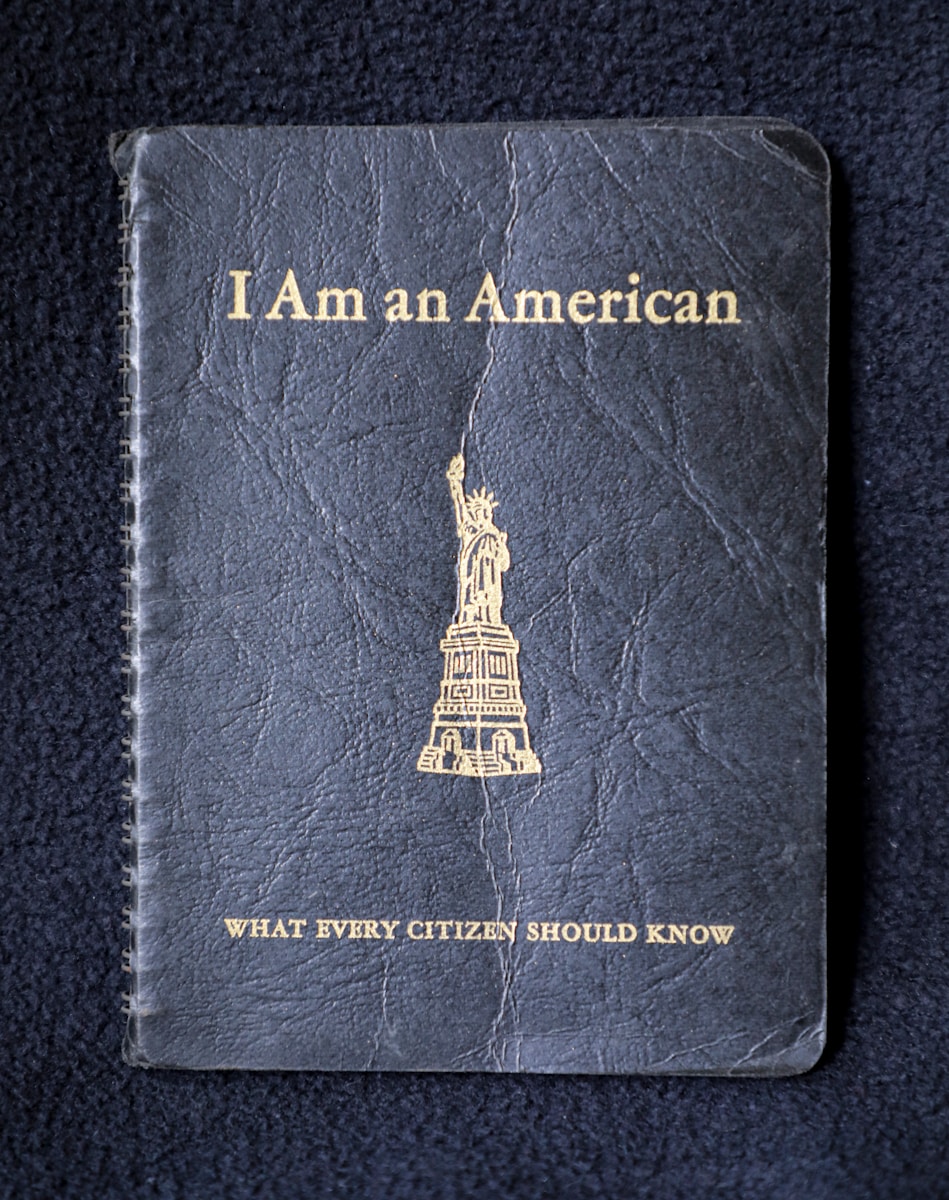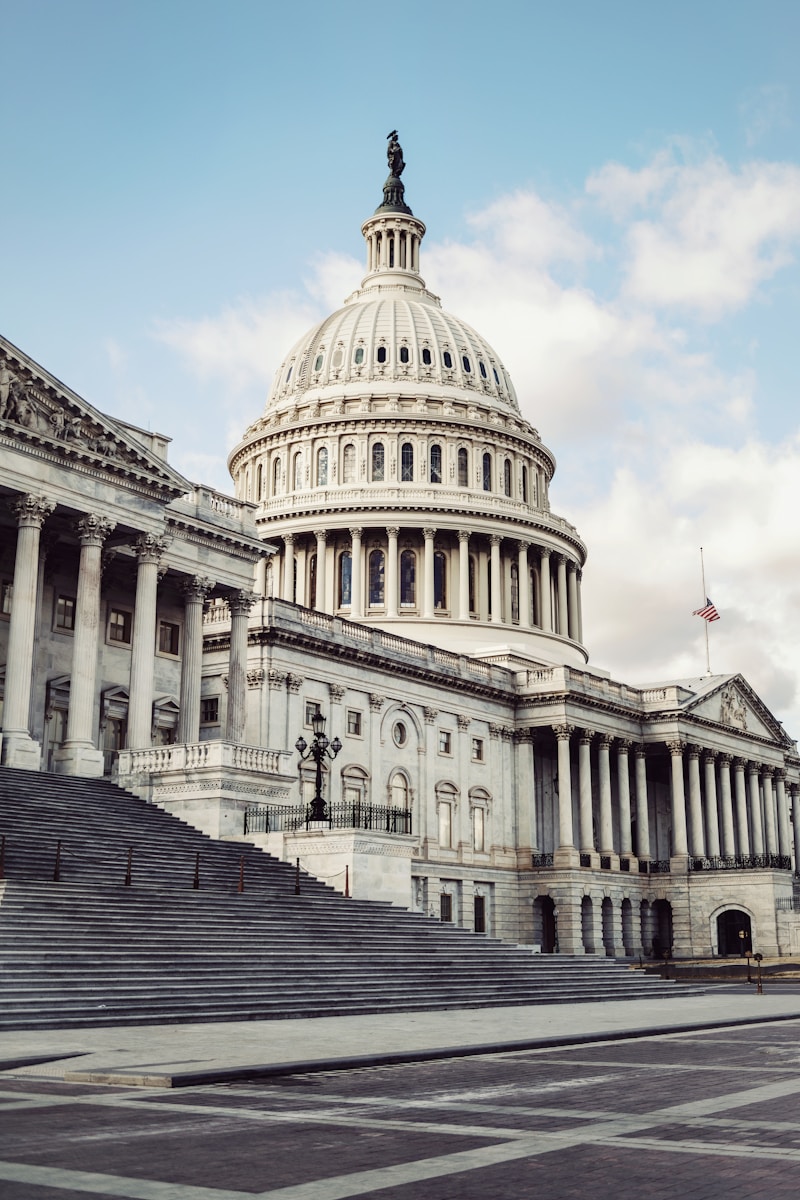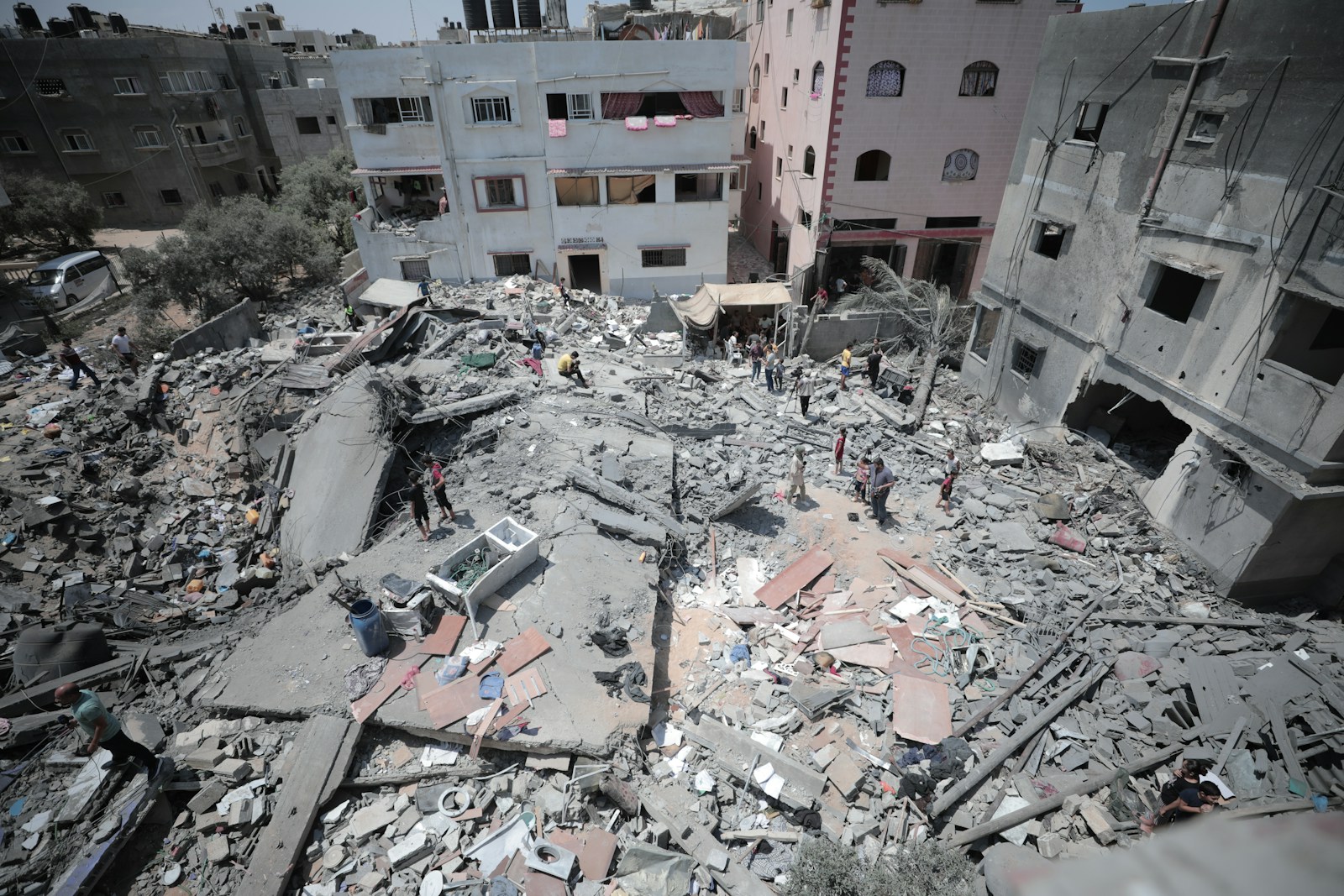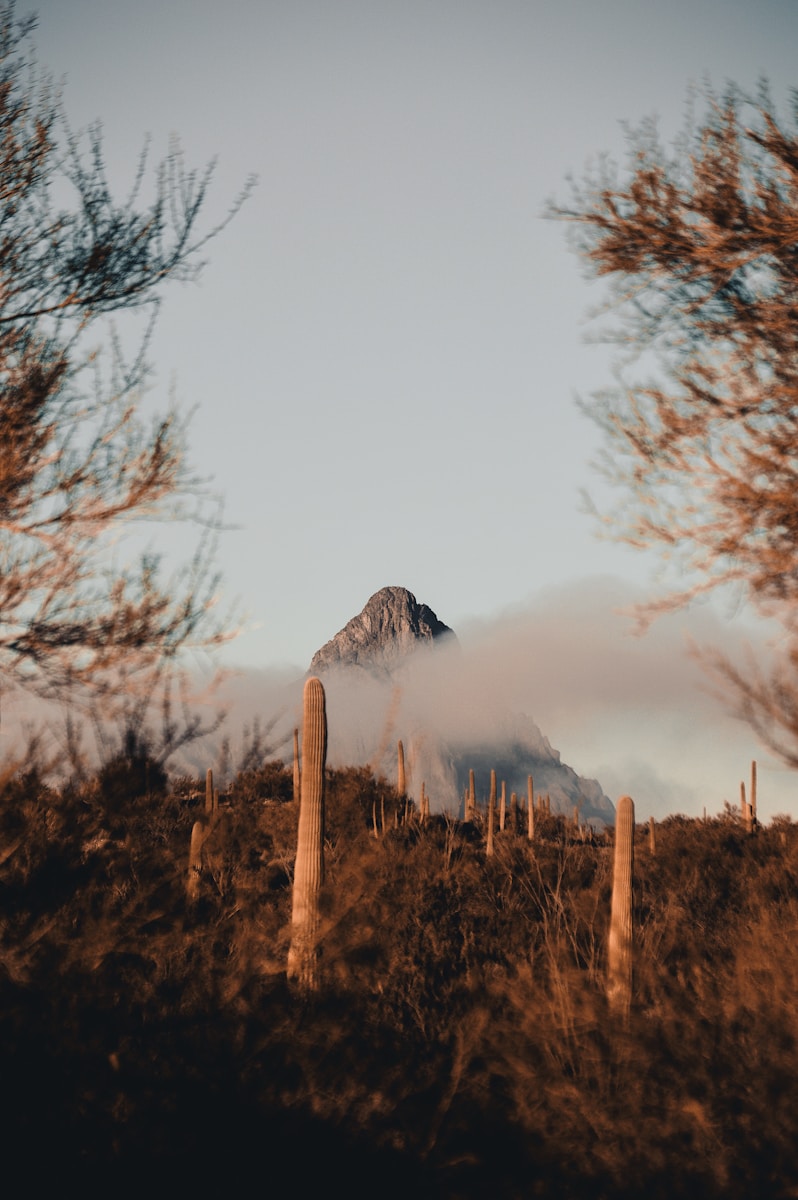The Intriguing Narrative of Manuel Rocha: The US Diplomat Turned Cuban Spy
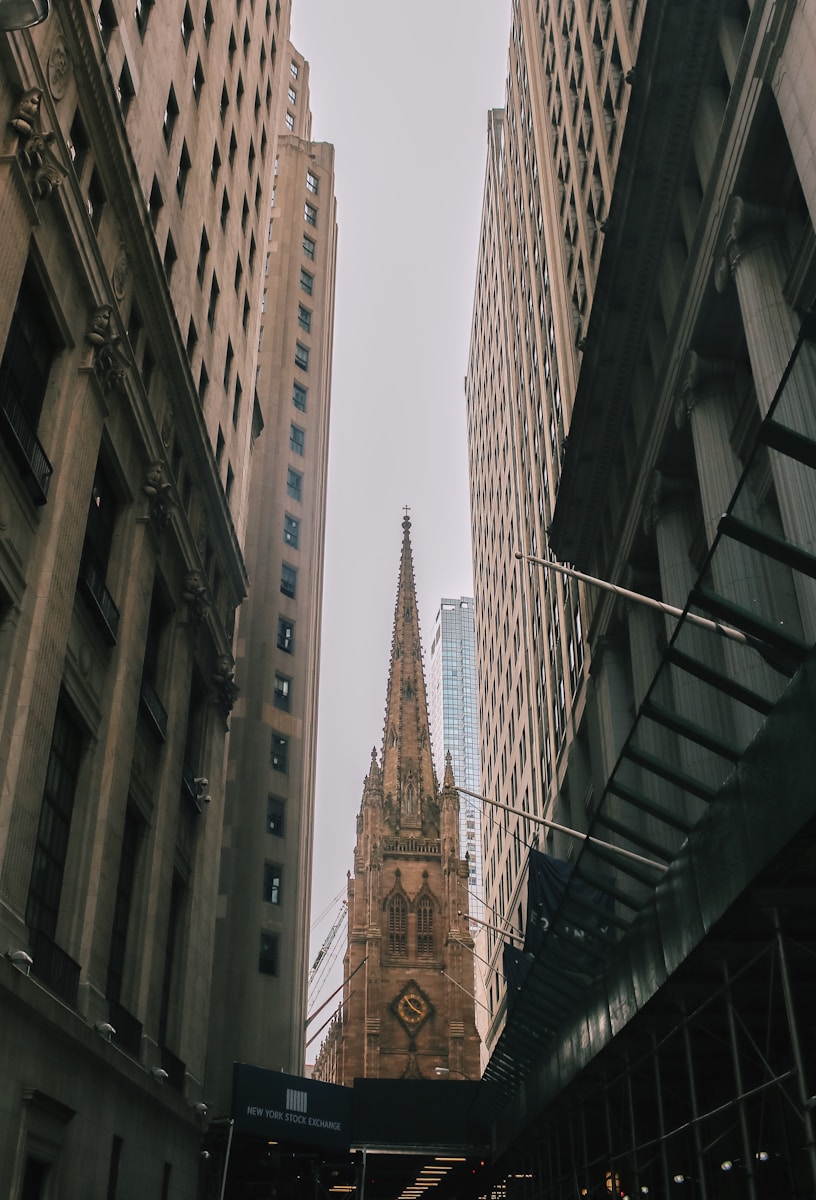

Manuel Rocha, a distinguished member of the United States diplomatic corps, startled the world by revealing his four-decade-long secret allegiance to the communist regime of Cuba. This article aims to delve into the life and actions of Rocha, shedding light on one of the most audacious betrayals in the annals of US foreign services.
The Man Behind the Scandal: Who is Manuel Rocha?
Rocha, who is now 73 years old, embarked on his journey with the US State Department back in 1981. Initially assigned as a desk officer managing affairs with Honduras, Rocha’s diplomatic career took him to various corners of the world. His postings ranged from the US embassy in the Dominican Republic to the US consulate general in Italy.
During President Bill Clinton’s term, Rocha was a member of the White House’s National Security Council from 1994 to 1995. He later assumed the role of the US ambassador to Bolivia in July 2000. His governmental roles extended to advising the commander of the US military’s Southern Command from approximately 2006 to 2012.
Upon retiring from government service, Rocha switched gears to the corporate sector. He took on the mantle of president for a Dominican gold mine, partly owned by Canada’s Barrick Gold. The company, however, faced allegations of causing environmental degradation.
Unraveling the Betrayal: Rocha’s Accusations and Arrest
Rocha’s tranquil retirement was abruptly disrupted when he was arrested in December 2023 at his Miami residence. The charges leveled against him were grave and shocking. Rocha was accused of indulging in secretive activities for Cuba since his nascent days as a US diplomat in 1981.
He allegedly held clandestine meetings with Cuban intelligence operatives and provided false information to US government officials regarding these contacts. Interestingly, the uncovering of Rocha’s secret wasn’t a mere stroke of luck, but the result of a calculated operation involving an undercover FBI agent.
The agent, posing as a representative of Cuba’s General Directorate of Intelligence, held repeated meetings with Rocha throughout 2022 and 2023. It was during these covert encounters that Rocha confessed to his years of allegiance to Cuba.
Rocha’s conversations, recorded by the undercover agent, revealed his admiration for the late Cuban leader Fidel Castro. He even bragged about his 40-year stint as a Cuban spy within US foreign policy circles, comparing his successful espionage to a “Grand Slam.”
The Legal Proceedings: Rocha’s Plea and Potential Sentence
Mid-February saw Rocha pleading not guilty to the charges. However, in a surprising turn of events, Rocha agreed to change his plea to guilty when presented with the option by US district court judge Beth Bloom. This change of heart was perhaps influenced by the prosecution’s promise to drop 13 counts, including wire fraud and making false statements.
Rocha now faces the prospect of a lengthy prison sentence for conspiring to act as an agent of a foreign government. While espionage charges are common in counterintelligence cases, Rocha was prosecuted for the less severe crimes of being a foreign agent. These charges carry maximum prison terms ranging from five to ten years.
Details of the plea agreement, including the proposed sentence, remain undisclosed. Rocha is set to return to court on April 12 for sentencing.
The Impact and Damage: Assessing Rocha’s Actions
Rocha’s betrayal has undoubtedly shaken the trust within the US foreign services. The FBI and State Department investigators are currently analyzing the extent of damage caused by his actions. This process could potentially span over several years.
The lawsuit against Rocha underlines his alleged role in sharing intelligence that enabled Cuba’s communist leaders to execute a chief opponent. However, the exact nature of Rocha’s assistance to Cuba remains largely undisclosed by federal authorities.
The Bigger Picture: US-Cuba Relations
Rocha’s case offers an intriguing insight into the US-Cuba relations, which have been strained for over six decades. The tension began with the overthrow of a US-backed dictatorship by Castro and his revolutionaries.
The US government made several unsuccessful attempts to oust Castro, most notably via the Bay of Pigs invasion. The tension escalated to a near-nuclear war during the Cuban Missile Crisis in 1962. The crisis was triggered by Cuba’s secret installation of Soviet nuclear missiles, which were detected by US surveillance.
Former US President Barack Obama initiated steps to normalize relations with Cuba. However, his successor, Donald Trump, reversed these measures, imposing travel bans and business sanctions on the island nation.
Current US President Joe Biden has lifted some of the Trump-era sanctions on Cuba. However, many restrictions continue to stifle Cuba’s economy. Despite the United Nations General Assembly passing resolutions condemning the US blockade of Cuba, any significant action requires the approval of the Security Council, where the US holds veto power.
The Road Ahead
The world awaits the sentencing of Rocha on April 12. The case stands as a stark reminder of the intricate and often opaque world of international diplomacy and espionage. It also underscores the convoluted dynamics of US-Cuba relations, further complicated by Rocha’s actions.
The intriguing narrative of Manuel Rocha serves as a stark reminder of the complex and often opaque world of international diplomacy and espionage. His story underscores the convoluted dynamics of US-Cuba relations that have been further complicated by his actions. As the world awaits Rocha’s sentencing on April 12, the case remains a stark reminder of the fragility of trust and loyalty within the corridors of power.
